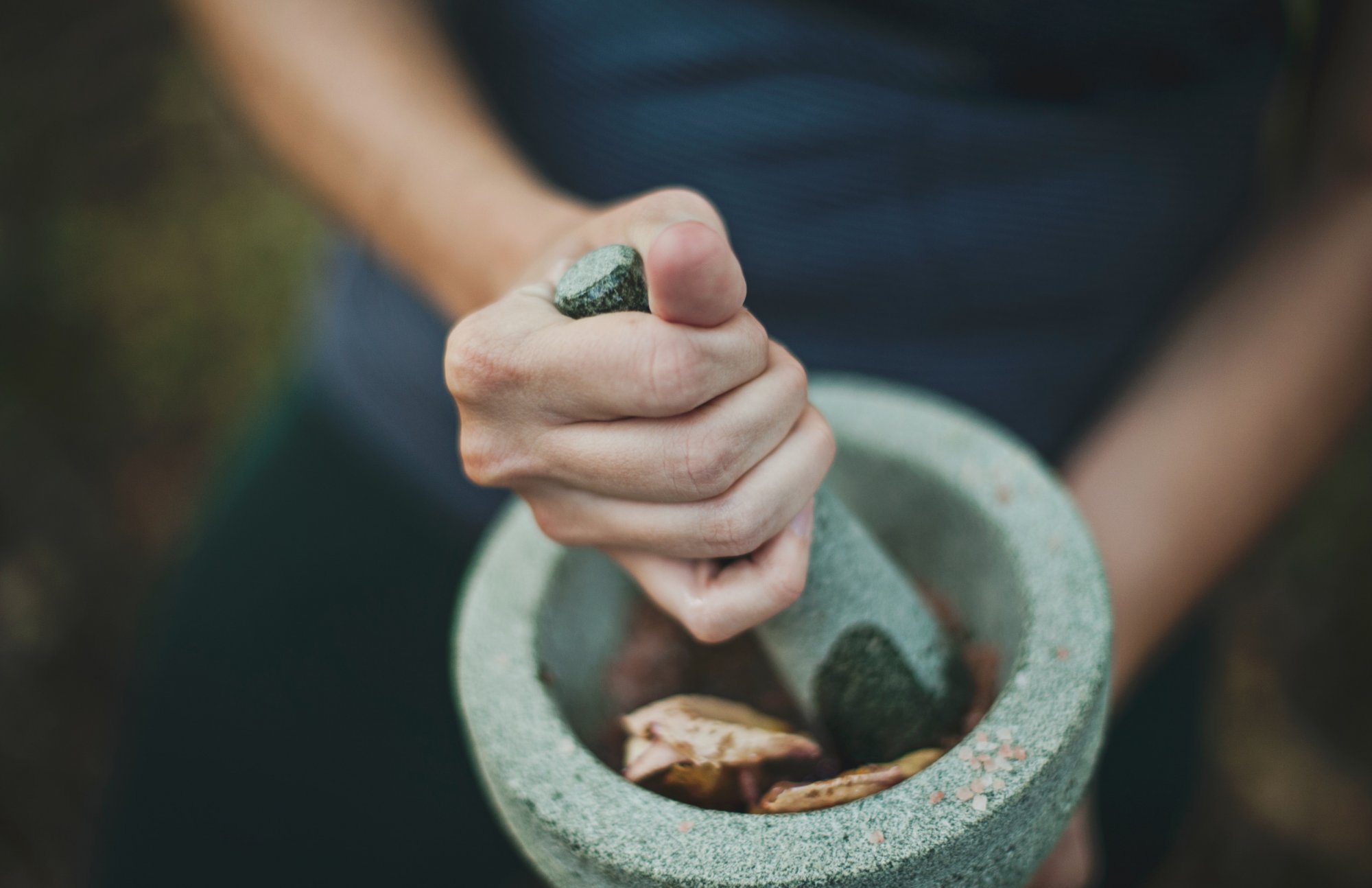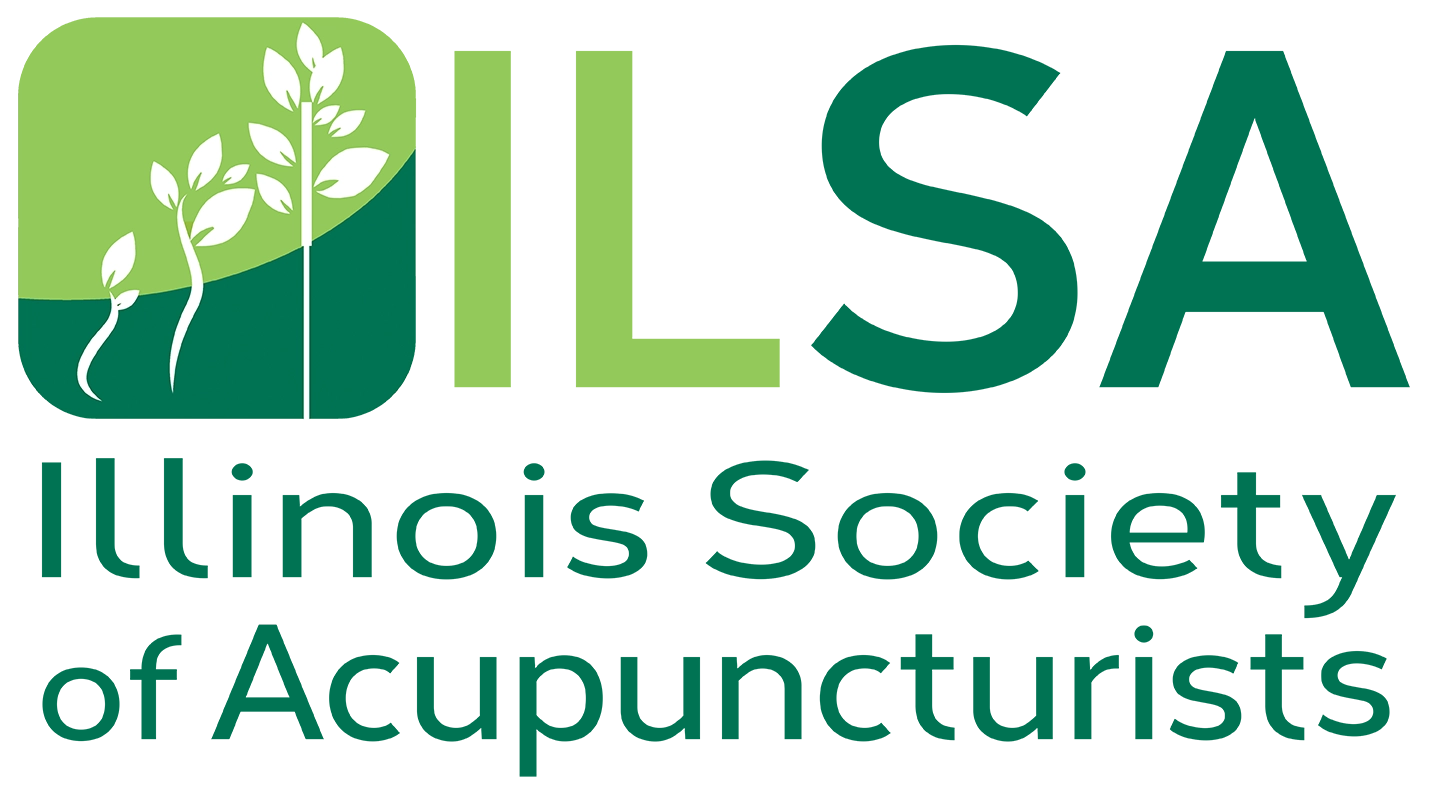Herbal Medicine has been around since humans first began interacting with our environment and relying upon it for our wellbeing.
Today, the knowledge of herbal medicine still pervades our world, ranging from the common knowledge that lavender can have a relaxing effect, to the development of new medications from chemical constituents found in herbs used in healing traditions from around the world.
Because it’s so easy to gain access to the commonly known effects of certain herbs, and you can find essential oil in any pharmacy, there’s also a broad range of misinformation out there. Here, we’ll break down some common thoughts and misconceptions around herbal medicine.
Is Herbal Medicine a Supplement?
While many herbs are available as supplements, such as ashwagandha and st. John's wort, herbal medicine works as a complete formula of herbs, put together and given to you to fit your specific diagnosis. They have similar low risk of adverse side effects that supplements do, because both are easily digestible in the body.
Do Herbs and Supplements/ Medications have negative reactions?
Generally, there is no negative herb/ supplement/ medication interaction. Many Chinese herbs can be used as ingredients in cooking and are gentle and easily absorbed into the body. It’s important to tell your practitioner what you’re taking, because there can be some interaction, and it helps to figure out where your symptoms are originating. The medications you may be on might also influence how your practitioner (For example, we have a whole category of herbs that strongly influence blood circulation, and they can interact with blood thinners or anticoagulant medications.)
Do herbs actually do anything helpful?
When properly prescribed and taken, yes!
Herbal medicine has both a long history and strong modern influence in Western medicine, from the development of antibiotics to its use of Lithium, an antipsychotic. Most commonly, when people report that herbs aren’t working, it’s because the herbs have been improperly prescribed, or they’ve done their own research and chosen to take something without consulting a professional.
What’s the difference between Eastern and Western herbalism?
There are 3 main differences.
- The herbs that grow locally, which have different effects. As an herbalist trained in Chinese herbs, I didn’t need to learn about chamomile or thistle, for example. I did, however, learn around 300 herbs, their properties and uses, side effects and reactions, etc.
- Eastern and Western practices diagnose very differently. Western theory says, “you have this symptom, here are the herbs that treat that. Chinese medicine says, “what other symptoms are you having, and how do they overlap to highlight the pattern of imbalance in your body?” Then, herbs are given to reset this pattern. As a result, there are formulas of herbs made, (many herbs that work together), versus Western herbalism, which tends to provide fewer herbs and treat each symptom at a time.
- There are many herbal programs in the West that offer quick certifications and courses. To be a licensed practitioner of Chinese medicine, and a board-certified herbalist, it requires at least a master's degree in the subject.
Why should I see a licensed and board-certified herbalist? What’s the difference?
It’s easy enough to go to the grocery store and get a container of ashwagandha because you’re feeling anxious. The trouble with “google herbalism” or “friend recommendation herbalism” is that it does not address the root of the issue. It’s like talking to your friend and considering it medical advice.
At least, self- prescribed herbal remedies are ineffective, and at most, can be making your issue worse. Some herbs are also dangerous to take at certain dosages. Just because herbs tend to have fewer side effects than pharmaceuticals, doesn’t mean they should be taken lightly.
Are herbs regulated/ FDA approved?
Herbs that licensed practitioners use are approved. They are also third-party tested for any heavy metals or substances that shouldn’t come into contact with your system. Any licensed practitioner can provide you with high quality herbs.




